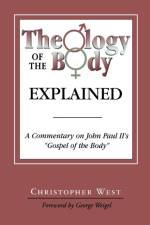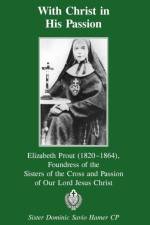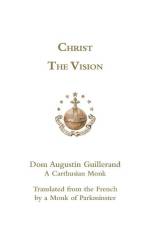- Elizabeth Prout
av Dominic Savio Hamer
135
Elizabeth Prout stands at both the heart and the crossroads of nineteenth-century history. From her birth in 1820 as the daughter of a cooper in a brewery, beside a cotton mill and an ironworks in the suburbs of Shrewsbury, to her death of tuberculosis, beside the glass and chemical works of St Helens, in 1864, she experienced the industrial, educational, social, economic and religious changes that transformed English society at that time. It was, however, her close friendships with those two giants of the spiritual life, the Passionists Blessed Dominic Barberi and Father Ignatius Spencer, that transformed her own life, enabling her, in turn, to transform her own environment. Slight in build, fragile in health, Elizabeth Prout spent her life in the service of the poor: the mill girls of Manchester, the refugees from the Irish Potato Famine, the needy of Sutton, St Helens and the unemployed of Ashton-under-Lyne during the Lancashire Cotton Famine. Through her work she implemented educational changes that raised up the Catholic population. She provided Homes for the motherly care of Catholic working girls. Most important of all, in partnership with Father Gaudentius Rossi CP and Father Robert Croskell of the Diocese of Salford, she founded a religious Order for the poor, the Sisters of the Cross and Passion - enabling others, too, to educate, to nourish family life in parish visitation and the instruction of converts and to enrich the drabness of people's lives with the beautiful vestments they made for their churches. In 1994 the Cause for the Canonisation of Elizabeth Prout (Mother Mary Joseph of Jesus) was opened by Archbishop Derek Worlock of Liverpool in the Church of St Anne and Blessed Dominic Barberi, Sutton, St Helens, where her remains are interred, like those of Father Ignatius Spencer CP, in the shrine of Blessed Dominic. In 2008 Archbishop Patrick Kelly completed the Liverpool Archdiocesan Process and forwarded Elizabeth Prout's Cause to Rome.





























